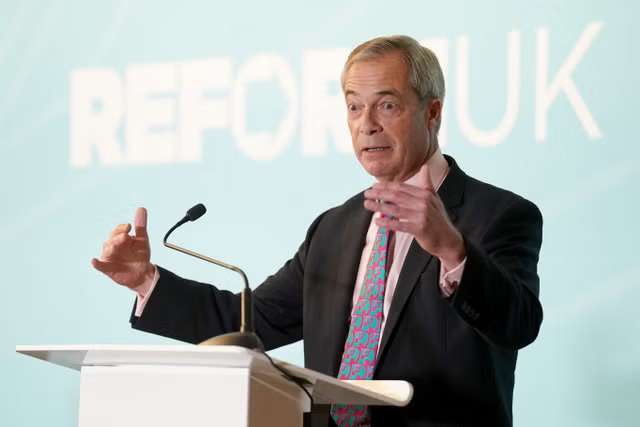In what would be the most significant move toward improved EU-UK relations since Labour took office, Britain is expected to greenlight a post-Brexit youth mobility scheme with the European Union.
This proposed scheme would allow individuals under the age of 30 to live and work across both regions for a limited period. If agreed, it would mark a major shift in UK-EU relations post-Brexit, offering new pathways for young citizens seeking international experience.
Similar arrangements are already in place between the UK and 13 non-EU countries, including Australia, New Zealand, South Korea, Iceland, Uruguay, Taiwan, and Hong Kong. These agreements have served as precedents for managed migration that aligns with national interests.
Although the government had previously dismissed the possibility of such a deal, recent comments suggest a shift in tone. Nick Thomas-Symonds, the minister overseeing EU relations, said the UK would consider proposals “provided the government’s red lines were respected”, adding that “a smart, controlled youth mobility scheme would of course have benefits for our young people.”
Downing Street’s recent statements echo that sentiment, though officials are cautious not to confirm any definitive position. When asked whether a youth mobility deal was being considered, the prime minister’s spokesperson said, “I’m not going to get into a running commentary. These talks are ongoing,” adding that the government is “always open to listening to sensible proposals from the EU within the framework of bringing down net migration.”
This change in approach comes just days before a major UK-EU summit scheduled for May 19, where Prime Minister Keir Starmer will host European leaders in a bid to recalibrate the UK’s post-Brexit trajectory. Although Starmer has repeatedly ruled out a return to full freedom of movement, officials suggest a youth mobility deal would not violate that pledge.
“Controlled schemes that are in our national interest” remain on the table, according to government insiders. These would mirror existing youth visa programs already in place with non-EU nations.
Public sentiment appears to be in favour of the scheme. A YouGov survey of nearly 15,000 respondents revealed that 66% support the idea, with only 18% opposed. Remarkably, even in Clacton-on-Sea — Nigel Farage’s stronghold and a Brexit bastion — more than twice as many people back the proposal (57%) compared to those who reject it (25%).

Labour Urged To Stop Flip-flopping
Criticism has nonetheless come from multiple sides. Liberal Democrat Europe spokesman James MacCleary urged Labour to move beyond ambiguity, saying the party should “stop flip-flopping” and move forward with the initiative immediately.
“Securing a youth mobility scheme with the EU would be a common-sense win-win – creating new opportunities for our young people and delivering a much-needed boost to our economy.”
However, Conservative leader Kemi Badenoch issued a warning. She cautioned that a youth visa system could open the door to “lots of unemployed people coming to the UK at a time when unemployment is increasing in our country.”
While the upcoming May 19 summit is expected to center on trade facilitation and defence cooperation, discussions on youth mobility may gain traction. The event is poised to become the first in a series of annual UK-EU summits under Starmer’s government.
Thomas-Symonds has also hinted at further cooperation beyond mobility. He indicated the UK may allow EU fishing vessels continued access to British waters post-2026, when the current five-year agreement expires. Disputes over fishing rights have historically hampered talks on wider EU-UK partnerships, including defence and trade agreements.
Additionally, the minister did not rule out continued alignment with EU standards in areas such as food safety and animal welfare. “We are not interested in divergence for divergence sake or a race to the bottom on standards,” he stated.
As the summit draws closer, the evolving tone from Westminster suggests a potential thaw in relations, with youth mobility possibly serving as the opening chapter in a broader realignment with the European Union.
READ ALSO: Mahama’s 120 Days Mark A Bold Reset



















